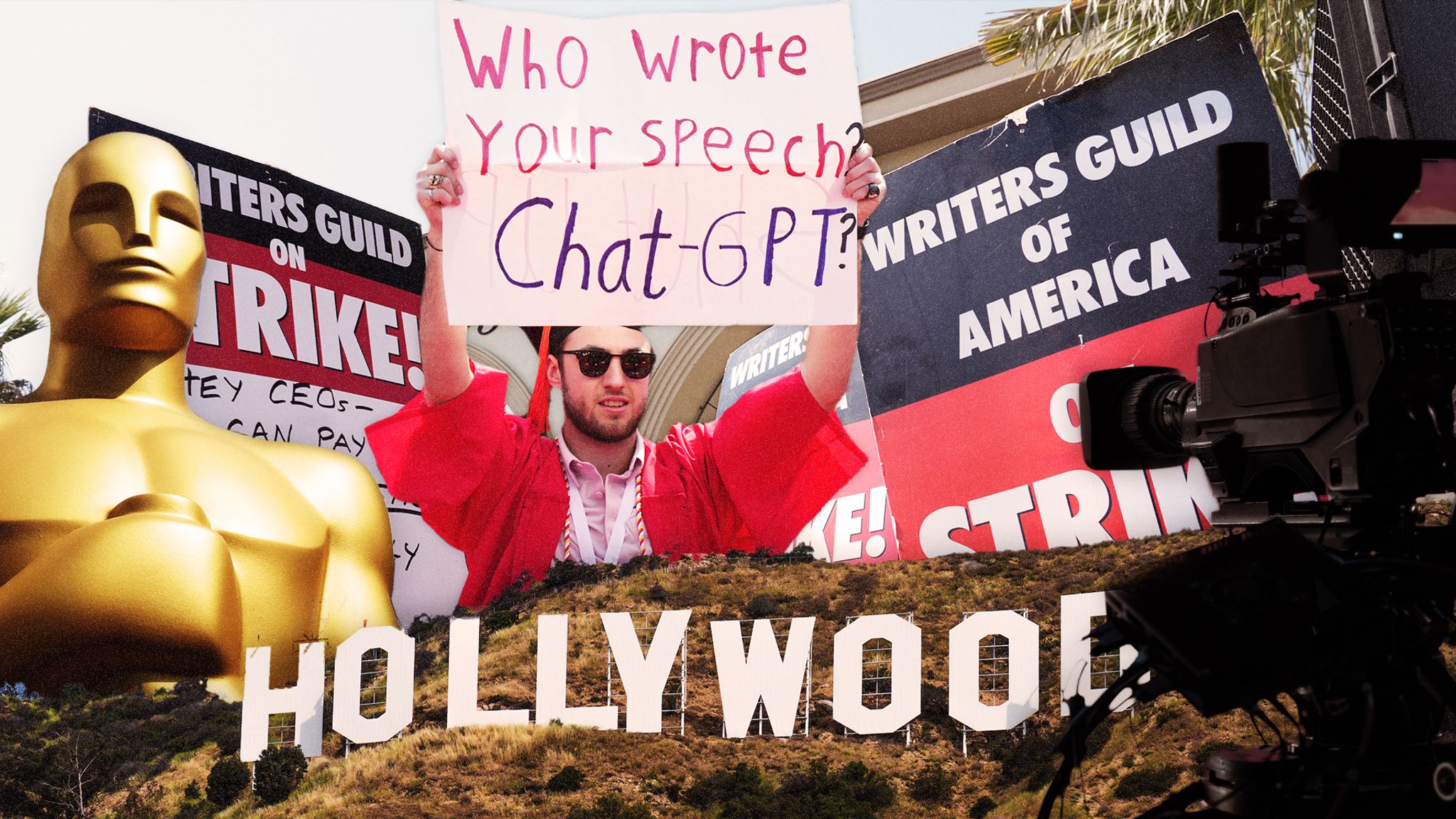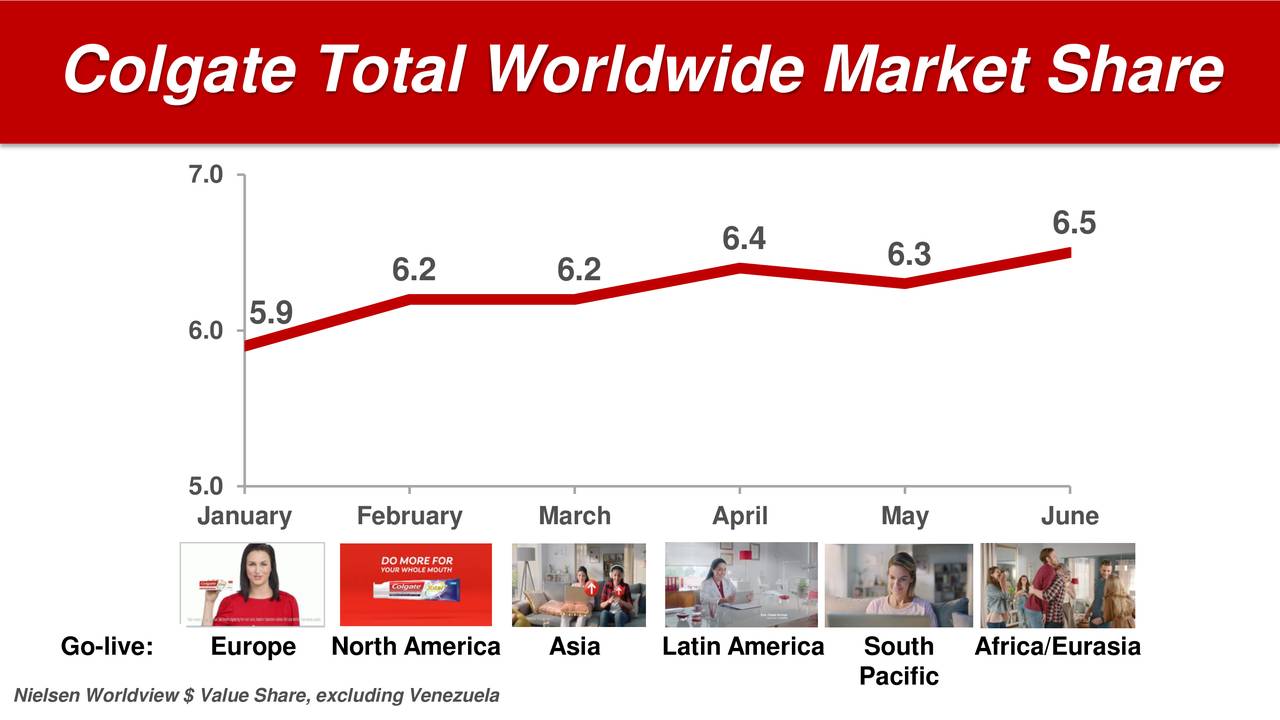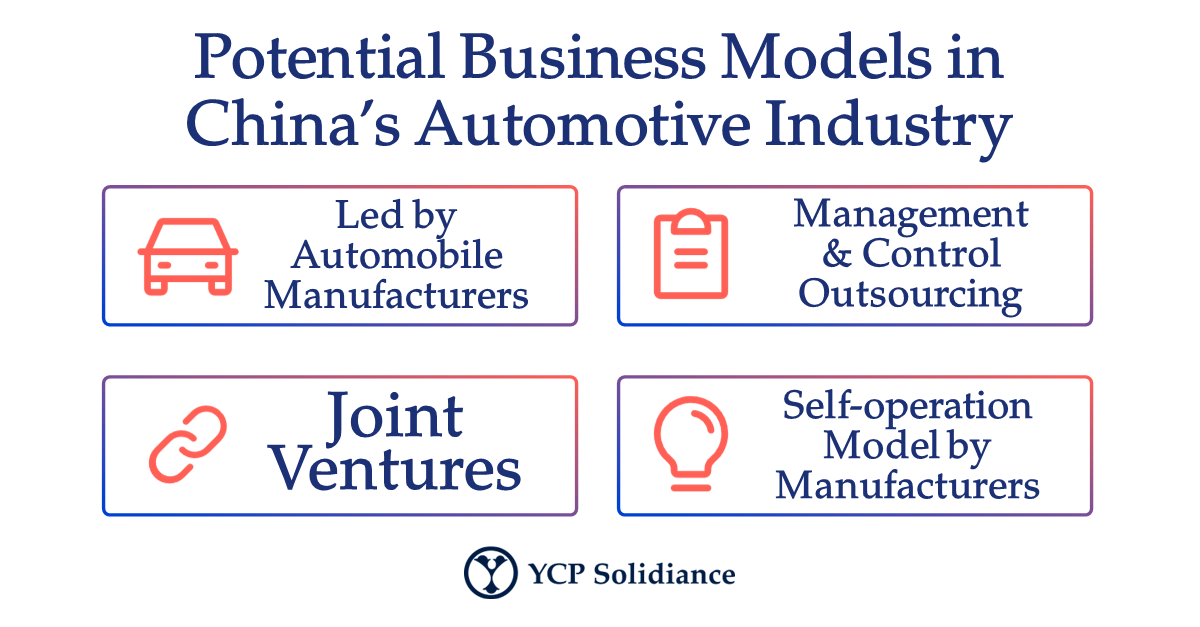Hollywood Production Halted: The Combined Writers' And Actors' Strike

Table of Contents
The Writers' Guild of America (WGA) Strike: Key Demands and Concerns
The WGA strike, which began in May 2023, is fueled by several core issues stemming from the changing landscape of the entertainment industry, particularly the rise of streaming services. The writers are demanding significant changes to their contracts to address these concerns.
-
Fair Wages in the Streaming Era: Traditional residuals, payments made to writers each time their work is aired, have drastically diminished with the rise of streaming. Writers argue that the current system doesn't fairly compensate them for the success of their shows on streaming platforms, which often garner billions of views. They are seeking fairer minimums and a more equitable system of residuals that reflects the value of their work in the digital age.
-
Protecting Writers from AI-Driven Writing Tools: The increasing use of artificial intelligence in scriptwriting is a major concern for the WGA. Writers fear that AI could be used to replace them, diminishing their job security and creative control. They are demanding safeguards to protect their work and ensure human writers remain central to the creative process.
-
Improved Working Conditions: The WGA is also advocating for better working conditions, including minimum staffing levels on productions to prevent overwork and ensure adequate preparation time for writers. This is crucial for producing high-quality content and preventing writer burnout.
Specific examples of WGA contract disputes: The WGA is seeking improvements to minimum staffing levels on writers' rooms, increased transparency in streaming viewership data used for calculating residuals, and stronger protections against the use of AI in writing scripts. The failure to agree on these terms led to the strike. These disputes directly impact the quality of the scripts and the working conditions of the writers.
The SAG-AFTRA Strike: Joining Forces for Better Working Conditions
SAG-AFTRA's decision to join the WGA on strike solidified the unprecedented nature of this Hollywood shutdown. Their concerns mirror those of the writers, but with a specific focus on the challenges facing actors in the modern entertainment industry.
-
Fair Compensation in the Streaming Era: Actors, like writers, have seen a decline in residuals due to the shift to streaming. They also face concerns about the use of self-tape auditions, which often require actors to invest their own time and resources without guaranteed compensation.
-
Issues Regarding the Use of AI: The potential for AI to replace actors, both through digital manipulation of existing performances and the creation of entirely AI-generated characters, is a serious concern. SAG-AFTRA is seeking guarantees that actors will be fairly compensated for the use of their likeness and performances in AI-generated content.
-
Stronger Protections Against Exploitation and Harassment: SAG-AFTRA is also fighting for stronger protections against exploitation and harassment on set, ensuring a safe and respectful working environment for all actors.
Specific examples of SAG-AFTRA contract disputes: SAG-AFTRA is fighting for better residual payments for streaming content, a stricter regulatory framework for the use of AI in performance capture and replacement, and clearer guidelines to protect actors from exploitation and harassment on set. These concerns reflect the unique challenges actors face in the ever-evolving entertainment industry.
The Ripple Effect: Impact on the Entertainment Industry and Beyond
The combined WGA and SAG-AFTRA strike has sent shockwaves through the entertainment industry and beyond, causing widespread disruption:
-
Delayed Film and Television Productions: Countless film and television projects have been indefinitely postponed, impacting production schedules and release dates. This delay creates a significant backlog that will take time to clear once the strike concludes.
-
Job Losses for Crew Members, Support Staff, and Related Businesses: The strike has resulted in significant job losses for crew members, support staff (makeup artists, set designers, etc.), and businesses that rely on the entertainment industry for their livelihood. The economic impact extends far beyond Hollywood.
-
Impact on the Economy (Tourism, Local Businesses): The decreased activity in Hollywood has a ripple effect on the local economy, impacting tourism, restaurants, hotels, and other businesses that rely on the industry's activity.
-
Potential Changes in the Way Content is Created and Consumed: The strike may force the industry to rethink its production models and compensation structures, potentially leading to changes in how content is created and consumed in the future.
Examples of specific projects delayed or cancelled: Major productions like The Mandalorian, several late-night talk shows, and countless other film and television projects have experienced significant delays or cancellations due to the strike. The economic impact is estimated to be in the billions of dollars.
Potential Outcomes and Negotiations
Several scenarios could unfold: a swift resolution through negotiation, a prolonged stalemate leading to further economic hardship, or a compromise that addresses some but not all of the strikers' demands. The negotiating positions of both the studios and the unions are deeply entrenched, making a quick resolution uncertain. Both sides are actively seeking a fair and equitable agreement that addresses the core issues driving the strike. The length and outcome of negotiations will largely determine the future shape of Hollywood production.
Conclusion
The combined WGA and SAG-AFTRA strike represents an unprecedented moment in Hollywood history. The far-reaching impact on the entertainment industry and the broader economy underscores the critical issues at stake – fair compensation, working conditions, and the role of AI in creative professions. The outcome of these negotiations will likely reshape the future of entertainment production.
Call to Action: Stay informed about the developments in the Hollywood writers' and actors' strike. Follow reputable news sources for updates on negotiations and the potential resolution. Understanding this historic Hollywood strike will help us navigate the changing landscape of the entertainment industry.

Featured Posts
-
 The Rise Of Chinese Automakers A Competitive Analysis
Apr 26, 2025
The Rise Of Chinese Automakers A Competitive Analysis
Apr 26, 2025 -
 Colgate Cl Stock Tariff Impact And Financial Results
Apr 26, 2025
Colgate Cl Stock Tariff Impact And Financial Results
Apr 26, 2025 -
 Elon Musks Private Companies A Side Hustle Opportunity For Select Investors
Apr 26, 2025
Elon Musks Private Companies A Side Hustle Opportunity For Select Investors
Apr 26, 2025 -
 Why Is Gold A Safe Haven Asset Amidst Global Trade Conflicts
Apr 26, 2025
Why Is Gold A Safe Haven Asset Amidst Global Trade Conflicts
Apr 26, 2025 -
 Are China Made Vehicles The Future Of The Auto Industry
Apr 26, 2025
Are China Made Vehicles The Future Of The Auto Industry
Apr 26, 2025
